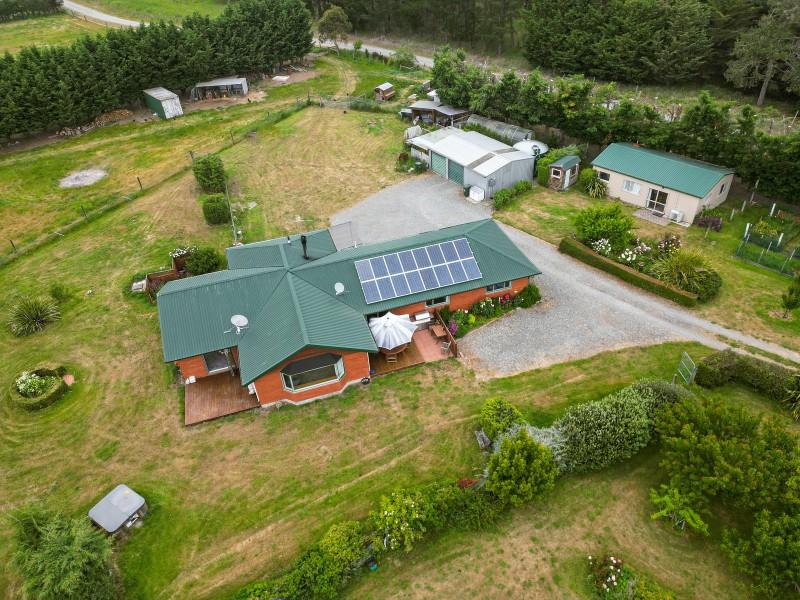Home-grown horticulture part of Ashburton’s history
By local democracy reporter Jonathan Leask:
When councils around the country were shedding their nurseries, Ashburton held onto its asset.
Tucked in the Ashburton Domain, it is a hive of activity that produces most of the plants and trees adorning the parks and reserves around the district.
The exact origins of the nursery are unknown, but Ashburton District Council infrastructure and open spaces group manager Neil McCann said he suspected the nursery has been in operation since the domain was first formed about160 years ago.
Many council-run nurseries around the country were closed during privatisation in the 1990s, which saw many parks go out to contractors for nursery supplies, McCann said.
Not Ashburton, which held onto its home-grown plant production.
Some councils are looking at going back to council-run service delivery operations including nurseries to gain efficiencies, he said, citing Christchurch as an example.
“Having an in-house operation and nursery means staff can respond quickly to meet the needs of the council and community.”
The homegrown approach is much more cost-effective for the council than purchasing mature plants and it provides a learning environment for staff, including apprentices, he said.
“Their growing knowledge base allows the council further capacity in the open spaces area.”
The site uses three glasshouses, that according to Canterbury historic maps predate 1925, and one larger greenhouse to grow all manner of plants that end up all around the district, McCann said.
“Annuals are generally planted in flower beds and trees go out to streets and parks where needed.”
Most of the seeds are sourced from an import wholesaler but some are sourced locally.
“Some seedlings are sourced from the Harris Scientific reserve, mainly kānuka, or other natural areas with specific species present. Other seedlings are divided from previously used plants.”
The nursery mainly produces annuals and a mix of exotic and native trees, as well as some perennials and revegetation species.
In a busy growing year, the nursery can produce around 36,000 annual and two cycles per year, up to 3000 natives and between 1000 and 2000 perennials.
Annuals (one growing season) include alyssums, marigolds, gazanias, primula species, calibrachoa, lobelias, geranium and petunias. Native tree species include olearias, coprosmas, cortaderia, kānuka, Phormium, and pittosporum, and exotic shrubs include azaleas, fuchsia, lavender, and rosemary.
Perennials, such as rudbeckia, delphinium, perennial lobelia, various daisies, astilbe and helleborus, are propagated by division, a process of separating the plant into several pieces, each of which is potted up and grown on as a new plant, McCann said.
“Where we can procure seed, we germinate this on a heated seed raising bed then grow the seedlings on until we have a suitable sizes plant that can be planted out in the gardens.”
From the heated sand-based seed-raising beds with overhead automated mist irrigation in the glasshouse some seedlings move to the bigger greenhouse while others are placed in the open air, and once matured enough are then planted.
“We also use the glasshouses for drying off bulbs and dahlias when lifted before division and replanting.”
There are also some specific plants being grown for specific native planting areas, such as Wakanui and Ōtūwharekai Ashburton Lakes as part of the council’s biodiversity work.
“These are often species where the seed is eco-sourced or sourced within the same geographical/ ecological location and they are specific to their inland, lowland, or coastal environments.”
The nursery is an all-year-round operation but the work programme is seasonal, with six-monthly cycles for annual bedding plants.
“Natives are seasonal, trees are year-round as are perennial divisions.”
It is run by one full-time staff member with additional support from the council’s other horticultural staff that maintain the parks and reserves.
The nursery operates on the same site it always has and while the number of parks and reserves is increasing with urban development, there are no plans at this stage to increase its capacity, McCann said.
“Any plans to upgrade or further develop operations would need to be budgeted, and we are currently at capacity on this site – which is fine for what our requirements are.”
Worst Xmas ever?
There's a a lot of planning that goes into Christmas day and sometimes things just don't go to plan. But it can be a good thing - a family mishap or hilarious memory that you can laugh about in Christmases to come.
Whether you burnt the dinner or were stranded at an airport...
Share your Christmas mishaps below!

⚠️ DOGS DIE IN HOT CARS. If you love them, don't leave them. ⚠️
It's a message we share time and time again, and this year, we're calling on you to help us spread that message further.
Did you know that calls to SPCA about dogs left inside hot cars made up a whopping 11% of all welfare calls last summer? This is a completely preventable issue, and one which is causing hundreds of dogs (often loved pets) to suffer.
Here are some quick facts to share with the dog owners in your life:
👉 The temperature inside a car can heat to over 50°C in less than 15 minutes.
👉 Parking in the shade and cracking windows does little to help on a warm day. Dogs rely on panting to keep cool, which they can't do in a hot car.
👉 This puts dogs at a high risk of heatstroke - a serious condition for dogs, with a mortality rate between 39%-50%.
👉 It is an offence under the Animal Welfare Act to leave a dog in a hot vehicle if they are showing signs of heat stress. You can be fined, and prosecuted.
SPCA has created downloadable resources to help you spread the message even further. Posters, a flyer, and a social media tile can be downloaded from our website here: www.spca.nz...
We encourage you to use these - and ask your local businesses to display the posters if they can. Flyers can be kept in your car and handed out as needed.
This is a community problem, and one we cannot solve alone. Help us to prevent more tragedies this summer by sharing this post.
On behalf of the animals - thank you ❤️

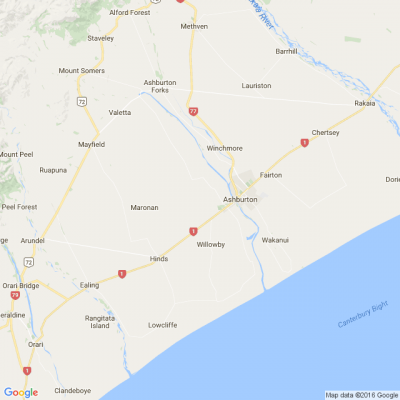
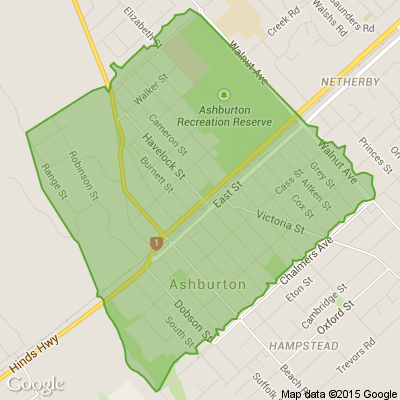




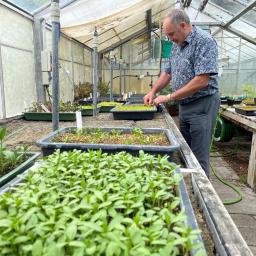
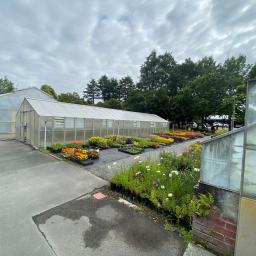

 Loading…
Loading…
















